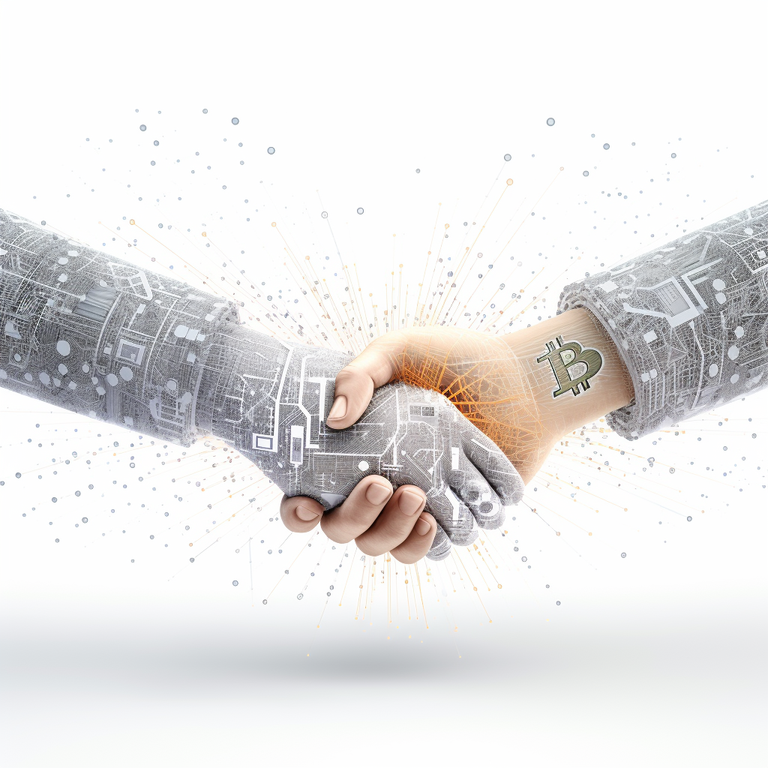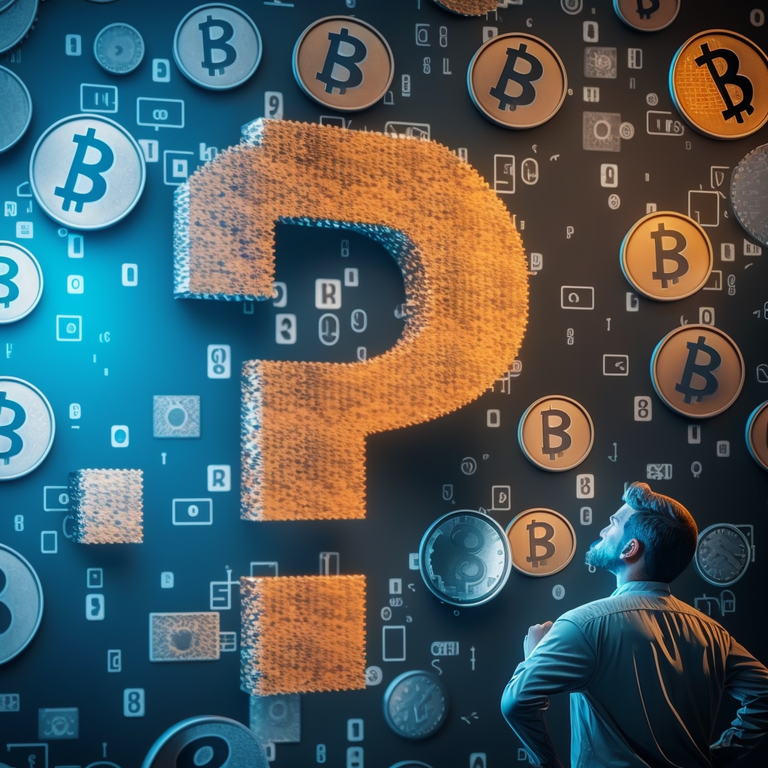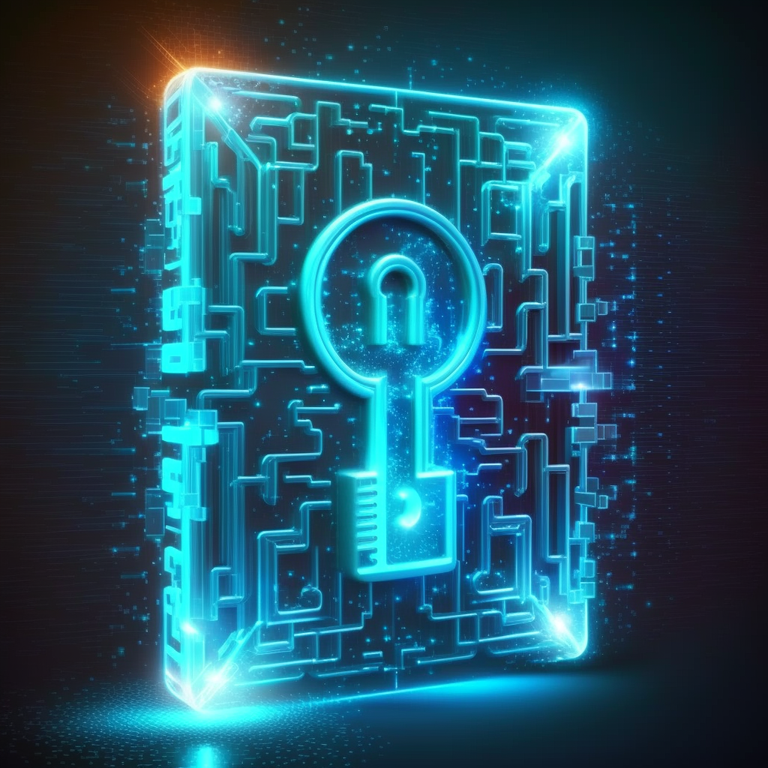The integration of Decentralized Autonomous Organizations (DAOs) into voting and decision-making processes presents a promising prospect for the future of governance, potentially addressing issues of cost, efficiency, and corruption. Here's how DAOs could positively impact political systems:

Transparency and Accountability
DAOs operate on blockchain technology, which offers a high degree of transparency. Every transaction and decision is recorded on a decentralized ledger, making it difficult for any individual or group to manipulate the system without detection. This transparency can significantly reduce corruption and increase accountability in political processes.
Reduced Costs
Traditional political processes often involve significant administrative and operational costs. DAOs, by automating many of these processes, can reduce overhead expenses, making governance more cost-effective. This efficiency can free up resources for other essential public services.
Enhanced Participation and Inclusivity
DAOs can facilitate broader participation in the political process. By enabling secure online voting and decision-making, they can make it easier for citizens to engage in governance, regardless of their location. This inclusivity can lead to more representative and democratic outcomes.
Real-Time Decision Making
The agility of DAOs allows for quicker decision-making processes compared to traditional bureaucratic systems. This responsiveness can be particularly advantageous in addressing urgent issues or adapting to rapidly changing situations.
Reduction in Human Error and Bias
Automated systems can help minimize human errors and biases that often affect decision-making processes. By relying on predefined rules and algorithms, DAOs can ensure more consistent and objective decisions.
Customizable Governance Structures
DAOs offer the flexibility to design governance structures that best fit the needs of a particular community or organization. This adaptability can lead to more effective and relevant governance models.
However, it's important to consider the challenges and limitations
 Technical Barriers
Technical Barriers
The implementation of DAOs requires a high level of technical infrastructure and digital literacy, which might not be available in all regions.
Regulatory and Legal Challenges
Integrating DAOs into existing legal frameworks poses significant challenges. There are questions about liability, enforcement, and compatibility with current laws.
Security Risks
While blockchain technology is secure, it's not infallible. There are risks of hacking, bugs in smart contracts, and other cybersecurity concerns.

Ethical and Societal Implications
Relying on algorithms for decision-making raises ethical questions, particularly around the handling of complex, nuanced issues that require human empathy and understanding.
While DAOs offer exciting possibilities for improving governance, their integration into political systems must be approached with careful consideration of the associated challenges and potential risks. It's a step towards a more efficient and transparent governance model, but it requires thorough planning, robust technological infrastructure, and ongoing oversight.